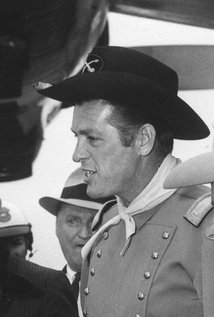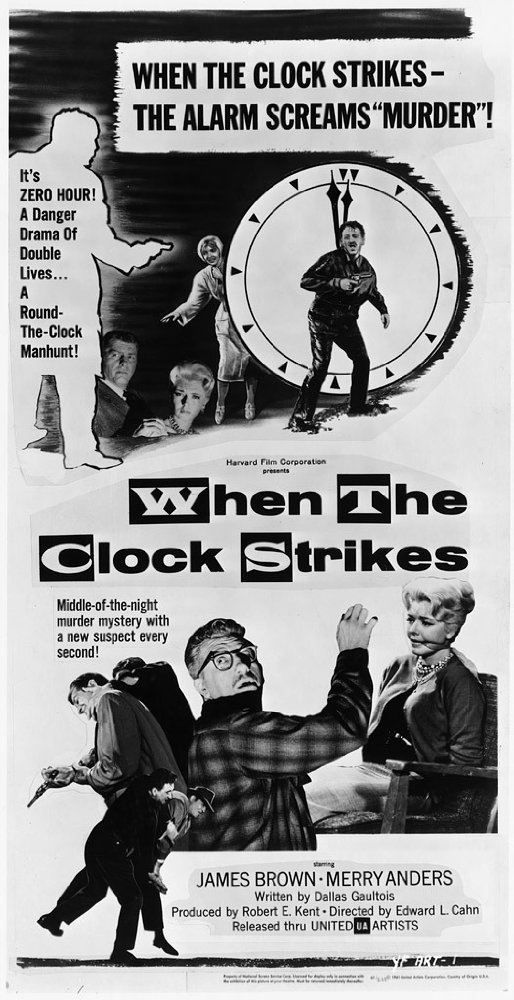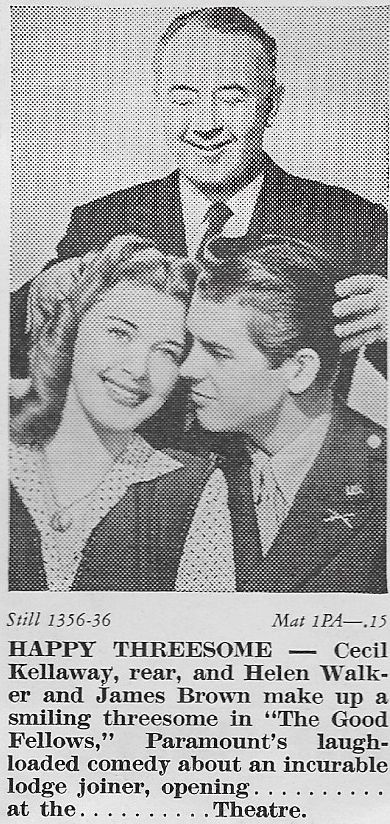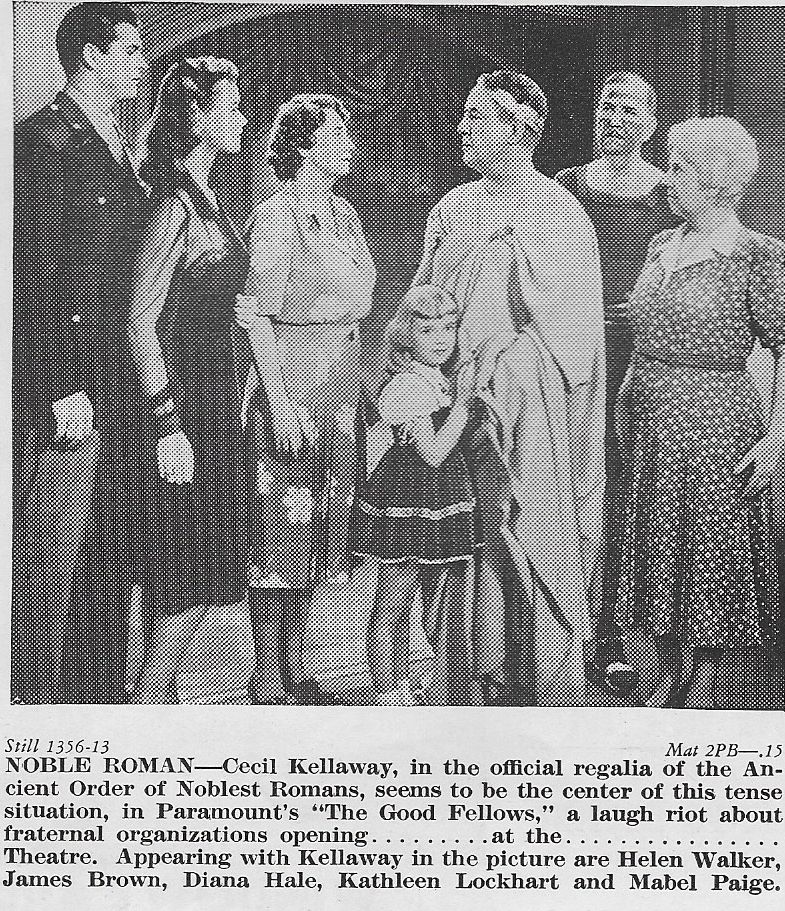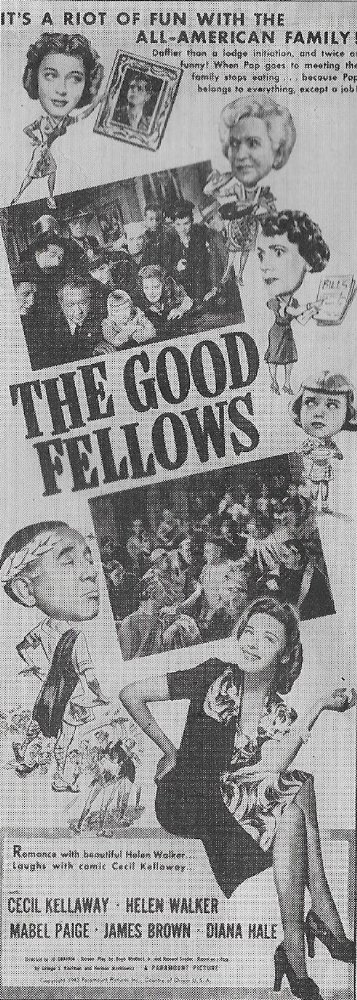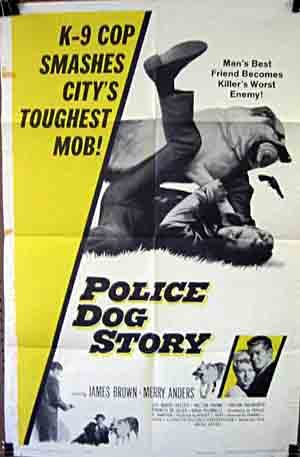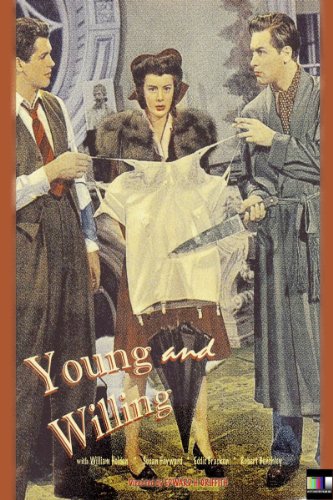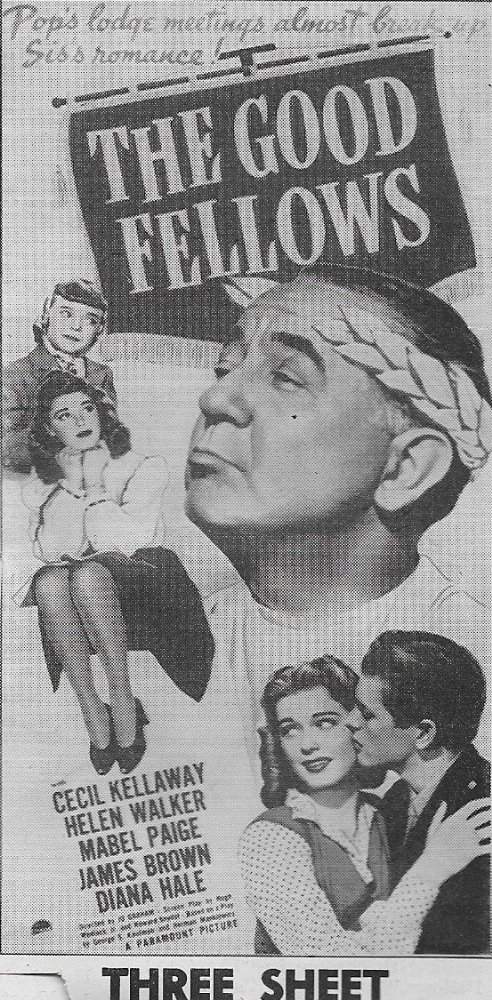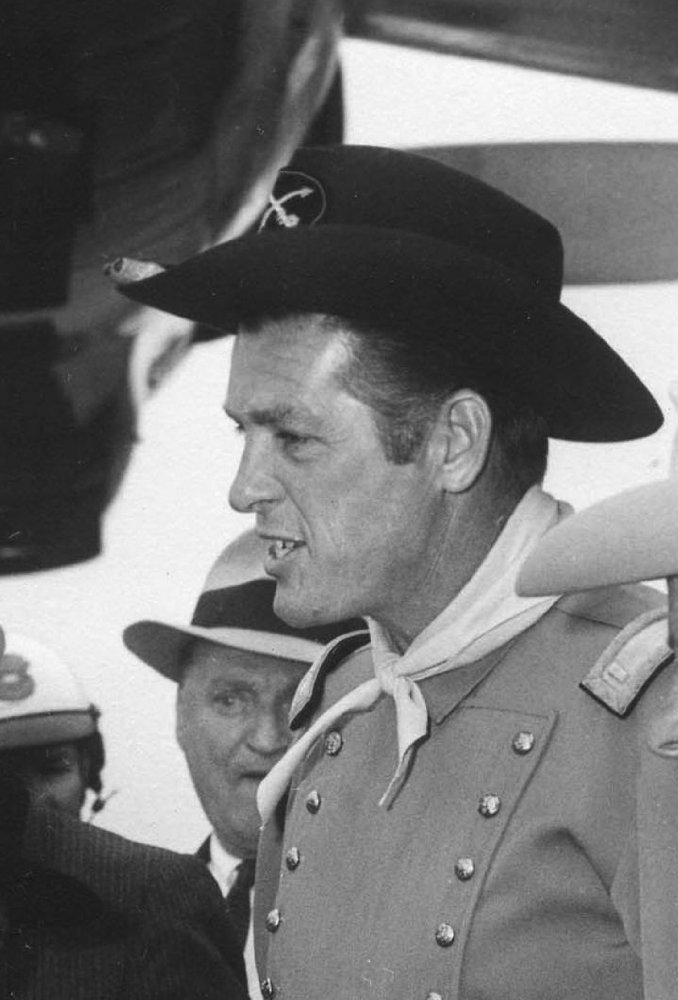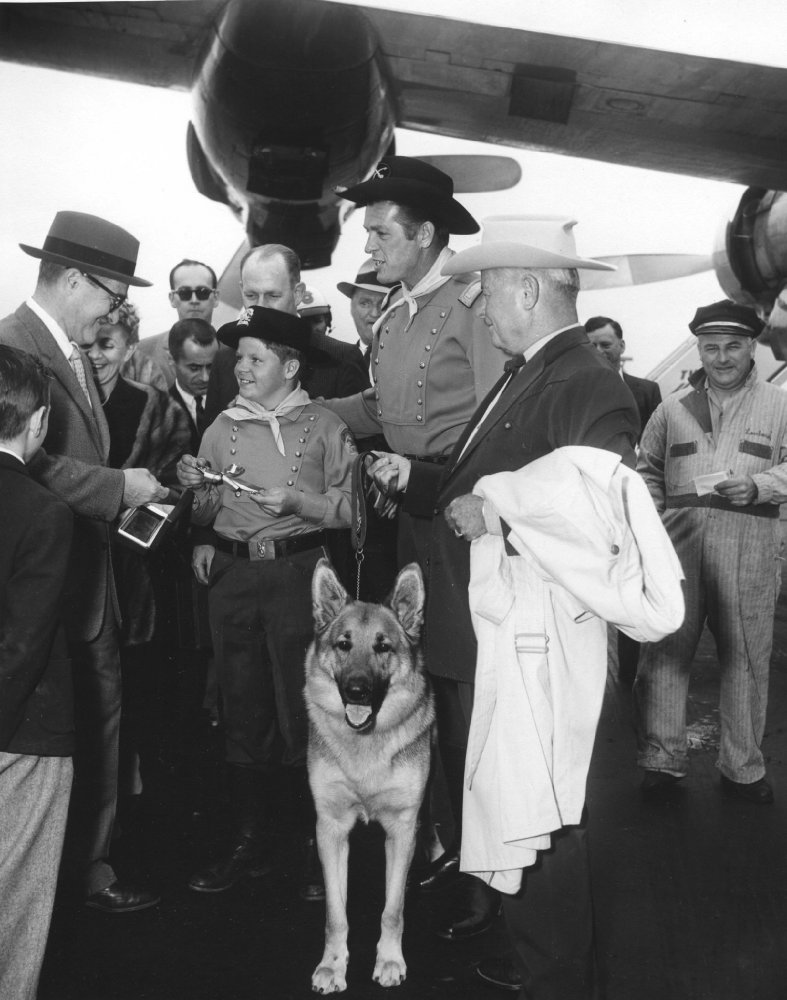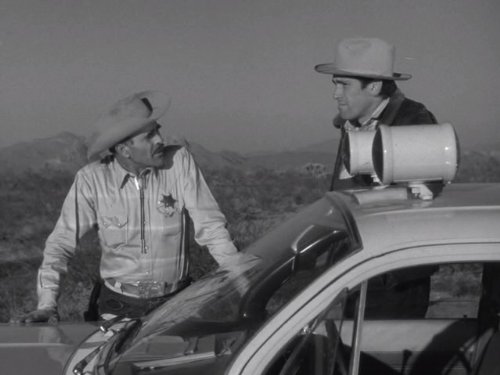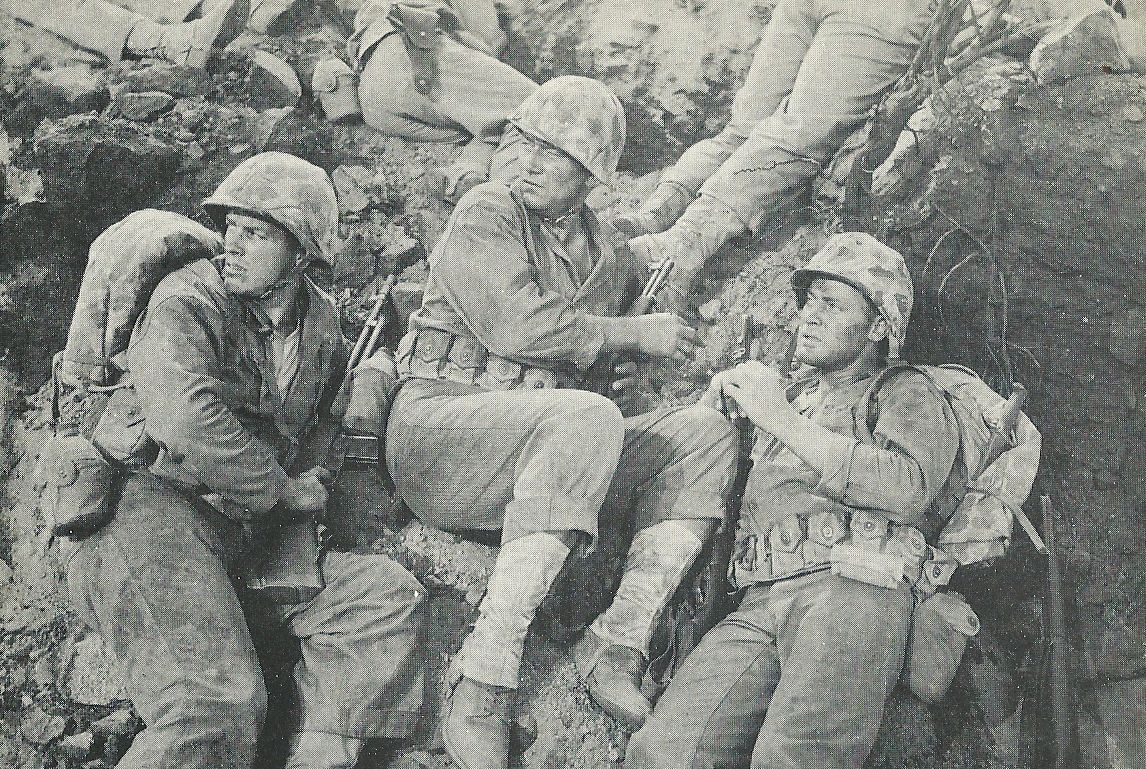James Brown was born March 22, 1920 in the small town of Desdemona, Eastland County, Texas. He graduated from The Desdemona School (grades 1-12), which was built in 1922 (it closed in 1969). Very athletic, Brown became a tennis pro before there was any money in it. He entered films in 1941. Clearly a man of unlimited athletic prowess, he appeared i...
Show more »
James Brown was born March 22, 1920 in the small town of Desdemona, Eastland County, Texas. He graduated from The Desdemona School (grades 1-12), which was built in 1922 (it closed in 1969). Very athletic, Brown became a tennis pro before there was any money in it. He entered films in 1941. Clearly a man of unlimited athletic prowess, he appeared in such rugged Hollywood productions as Wake Island (1942), Air Force (1943), Objective, Burma! (1945) and Sands of Iwo Jima (1949). He had more sedate roles in Going My Way (1944), as romantic lead "Ted Haines" (Bing Crosby, who was the star of the film, was a priest and therefore out of the running for the leading lady) and then, in "Sands of Iwo Jima" (with John Wayne), Brown was a U.S. Marine, Pfc. Charlie Bass, a combat veteran and colleague of Wayne's character Sgt. Stryker. In The Pride of St. Louis (1952), a biopic about baseball star Dizzy Dean, Brown played a sidelined ballplayer, "Moose". In Flight Nurse (1953) he played a flight engineer on an aircraft flying a mercy mission. It wasn't long afterward that he began a television career as "Lt. Rip Masters" on TV's The Adventures of Rin Tin Tin (1954), which ran from 1954-1958. He then appeared in The Rounders (1966), a western comedy series--billed as James Bowen Brown--as "Luke". In 1976 the "Rin Tin Tin" series was re-released with new sepia-tinted beginnings and endings, with Brown reprising his role as Lt. Rip Masters. Unfortunately, few of his later movies are worth mentioning, though he had a few telling moments as the stern, rifle-toting father of the serial killer "protagonist" in Peter Bogdanovich's Targets (1968).He retired from acting in the late 1960s to manage his successful body-building equipment concern, and then was appointed head of customer relations at Faberge, a cosmetics firm. When Faberge's filmmaking division, Brut Productions, put together a 1975 comedy titled Whiffs (1975), the producers persuaded Brown to return to acting in a supporting role.James Brown passed away in 1992 after a long battle with lung cancer.
Show less «

